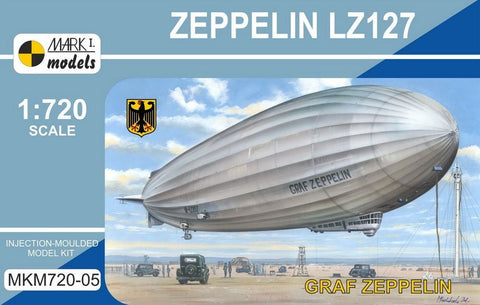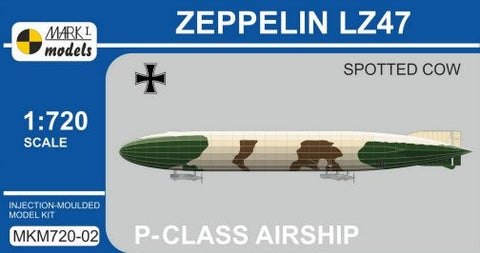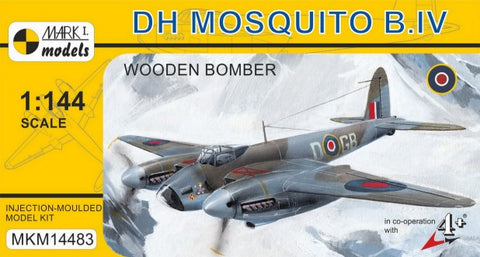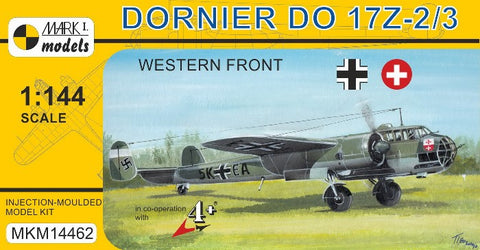
Mark I 1/144 Messerschmitt Bf109G10 Late Gustav Fighter (2 in 1) Kit
Estimated Processing Time: 2-3 Business Days
MKX-14472 The Messerschmitt Bf 109 was a German fighter aircraft designed in the mid-1930s and it represented the first modern fighter of the era. Originally conceived as an interceptor, later models were developed to fulfill various roles, such as bomber escort, the fighter-bomber, day and night fighter, ground-attack or reconnaissance. Various armament modifications evolved in service, using pre-packaged or field kits. The aircraft was of all-metal monocoque construction, featuring an enclosed canopy and a retractable landing gear.
The Messerschmitt Bf 109 was a German fighter aircraft designed in the mid-1930s and it represented the first modern fighter of the era. Originally conceived as an interceptor, later models were developed to fulfill various roles, such as bomber escort, the fighter-bomber, day and night fighter, ground-attack or reconnaissance. Various armament modifications evolved in service, using pre-packaged or field kits. The aircraft was of all-metal monocoque construction, featuring an enclosed canopy and a retractable landing gear.The G-series aircraft were introduced in mid-1942. The initial variants differed only in minor details from its predecessor, the Bf 109F, most notably in the more powerful engine. Except for some early airplanes, the bulk of Bf 109G-10s were fitted with DB 605D engines and featured the Erla clear-view canopy, large main wheels with corresponding large oblong wing bulges, deeper oil cooler under the nose and tall tail fin.
The first Bf 109G-10s appeared in service in November 1944 and the following variants were produced: G-10 light fighter (with two MG 131 guns and a single MG 151/20 gun in the nose), G-10/R2 recce fighter, G-10/R6 bad-weather fighter and G-10/U4 fighter (equipped with an engine-mounted MK 108 cannon). In total, about 2,600 aircraft were produced by Erla, Messerschmitt, WNF and Diana factories.
The Bf 109 was the most produced fighter aircraft in aviation history, and besides the German Luftwaffe, it served in many other air forces and gallantly fought in all aerial combats of WWII.
1) Messerschmitt Bf 109G-10/U4 (WNF-built), Black 21 (W.Nr. 610783), 7./JG 52, Luftwaffe, Neubiberg airfield, Germany, May 1945
2) Messerschmitt Bf 109G-10/R6 (Erla-built), Yellow 11 (W.Nr. 152xxx), JG 52, Luftwaffe, Deutsch Brod airfield, Bohemia-Moravia Protectorate, May 1945
3) Messerschmitt Bf 109G-10/U4 (Diana-built), White 24 (W.Nr. 612762), Jasta 5 d. ROA (Russian Liberation Army) ’Oberst Kazakov’, Fliegerregiment der Luftwaffe der ROA, Deutsch Brod airfield, Bohemia-Moravia Protectorate, March-May 1945
4) Messerschmitt Bf 109G-10/U4 (Diana-built), Yellow 12 (W.Nr. 612769), 101. ’Puma’ Vadászezred (Fighter Regiment), Royal Hungarian Air Force (Magyar Királyi Honvéd Légier'), Veszprém airfield, spring 1945
Two injection-molded kits are supplied in this box and each kit contains 26 parts and one clear part (the cockpit canopy). A comprehensive decal sheet is included.










